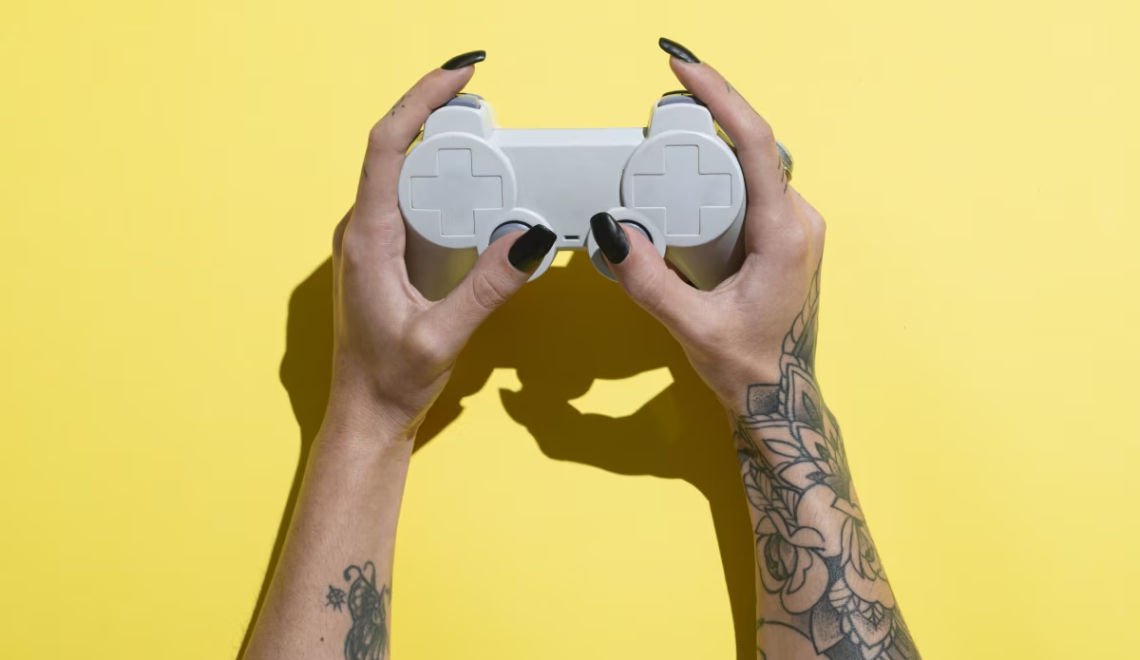
Breaking Barriers in a Male-Dominated Arena: Gender Diversity in E-Sports
In the fast-paced world of e-sports, where lightning-quick reflexes and strategic prowess reign supreme, a quiet revolution is underway. Traditionally dominated by male players, the e-sports industry is experiencing a notable shift towards greater gender diversity. This shift is not only challenging stereotypes but also breaking barriers that have long hindered the full inclusion of women in competitive gaming.
The Current Landscape
E-sports, short for electronic sports, encompasses competitive video gaming at a professional level. With a global audience that rivals traditional sports, e-sports have become a lucrative industry, attracting sponsorships, endorsements, and a dedicated fan base. However, this popularity has not translated into a proportional representation of women in the competitive scene.
Historically, e-sports has been perceived as a male-dominated space, with male players dominating tournaments, teams, and leadership roles. The reasons for this gender disparity are multifaceted, ranging from societal expectations to a lack of infrastructure supporting female players.
Challenging Stereotypes
One of the key barriers to gender diversity in e-sports has been the perpetuation of gender stereotypes. The perception that video gaming is a male-centric hobby has created a self-fulfilling prophecy, dissuading many women from pursuing a career in competitive gaming. Breaking down these stereotypes is crucial in creating an environment where talent is recognized irrespective of gender.
Several female players have emerged as trailblazers, showcasing their skills and challenging the notion that gaming is exclusively a male domain. Talented gamers like Sasha “Scarlett” Hostyn (StarCraft II), Katherine “Mystik” Gunn (Halo), and Geguri (Overwatch) have not only competed at the highest levels but have excelled, proving that gender is not a limiting factor in e-sports success.
Supporting Infrastructure
Beyond changing perceptions, building a supportive infrastructure is vital for nurturing gender diversity in e-sports. Initiatives such as all-female tournaments, mentorship programs, and diversity and inclusion efforts by major e-sports organizations are helping create a more inclusive environment. These efforts aim to address the specific challenges female players may face, from online harassment to limited opportunities for professional development.
Additionally, collaborations with traditional sports organizations, universities, and grassroots movements are providing platforms for aspiring female players to showcase their talents. By creating a network of support, the e-sports industry is laying the foundation for a more diverse and inclusive future.
The Path Forward
While progress is being made, there is still work to be done to achieve true gender equality in e-sports. Encouragingly, more women are entering the scene, not only as players but also as coaches, analysts, and commentators. This diversity of roles is essential for creating a holistic and inclusive industry.
E-sports organizations, sponsors, and the community at large play pivotal roles in shaping the narrative of gender diversity. Embracing this diversity not only enriches the industry but also expands its reach, attracting a broader audience.
Conclusion
Gender diversity in e-sports is not just about creating equal opportunities; it’s about dismantling stereotypes and fostering an environment where talent knows no gender boundaries. As the industry continues to evolve, the stories of female gamers breaking barriers will inspire future generations, creating a more inclusive and vibrant e-sports landscape for all.
In the quest for gender diversity, e-sports is rewriting the rules, proving that skill knows no gender. The journey may be ongoing, but each achievement, each milestone, brings us closer to a future where competitive gaming truly reflects the diversity of its audience.




